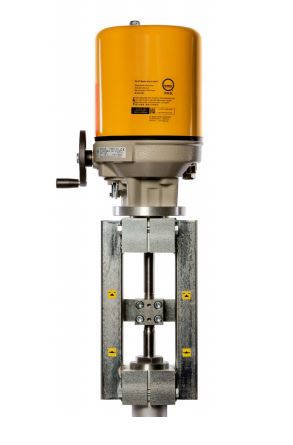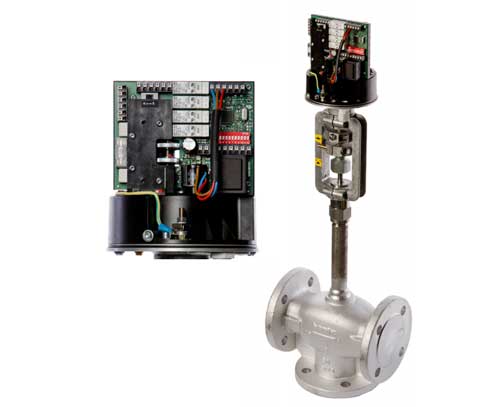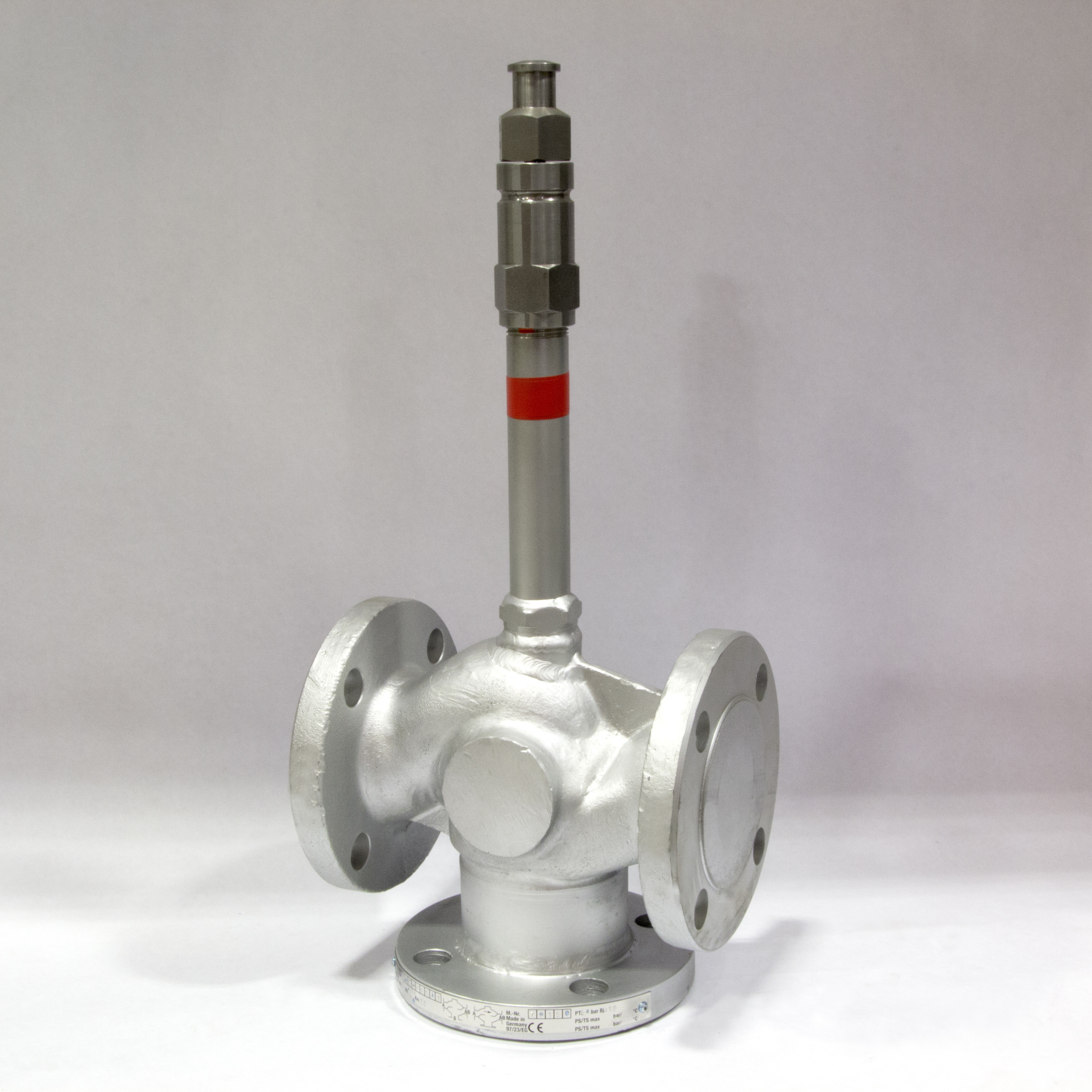Valve actuators are mechanical devices that open and close valves to allow or stop the flow of a fluid through a system. They are available in many variations, each of which offers different advantages and disadvantages that make it suitable for distinct applications. Two of the most commonly used types are pneumatic actuators and electric actuators. Pneumatic actuators utilize compressed air to operate valves, while electric actuators use an electric motor. Below, we go more in-depth on the differences between the two to help readers choose the best one for their application.
What Is the 7020 Digital Positioning Board?
In actuator/valve assemblies, digital positioning boards enable users to control the operation of the actuators and valves. The 7020 digital positioning board offered at Baelz is engineered to work with E07, E45, and E66 electric linear actuators, as well as the E42 electric rotary actuator. Unlike traditional positioners, which rely on analog boards and require users to enter sequence settings manually, it features twelve adjustable DIP switches and allows users to configure it as needed to suit their process needs.
At Baelz, our commitment to high-quality products and a long service life goes hand-in-hand with low energy consumption, and our controllable components are a crucial part of this equation. At Baelz, we believe efficiency equals sustainable planning, reduced system components, consistently high quality, less energy consumption, and guaranteed long service life. This approach has helped our clients save money, reduce downtime, and improve production. Energy-saving automatic components offered by Baelz include Actuators, Control Valves, Controllers, and Ejectors.
Control valves play an essential role in the fluid handling and processing equipment of a wide range of industries. For this reason, it is important to keep them properly maintained and repaired. Otherwise, there is a risk of component failure, which can lead to unplanned downtime and, in severe cases, system damage or breakdown.
In fluid handling and processing systems, control valves play a critical role—i.e., regulating the flow and pressure of fluids to within an acceptable range for maximum operational efficiency and operator safety. As such, they must be regularly subjected to inspection and maintenance operations to ensure they remain in proper working order. Failure to maintain them can lead to lower processing efficiency and, in extreme cases, component or system failure.
Valves are critical to maintaining control of flow, temperature, and pressures in fluid systems. However, achieving this goal necessitates selecting, installing, and maintaining the correct control valve(s). Any operational issues within a valve can lead to problems within the overall system, up to and including system failure. As such, attaining a thorough understanding of the causes and symptoms of valve failure is essential for proper system maintenance.
In all manufacturing processes, the key to increasing the efficiency of your production is ensuring that you limit the amount of downtime and maintenance time. For this reason, the experts at Baelz North America highly recommend investing in spare parts inventory. In doing so, companies can eliminate unexpected downtime of production.
The E66 electric linear actuators utilize a motor to turn the spindle of the actuator up or down in order to push or pull the control to move the valve to a desired position. They are best used in applications where precise control and positioning are required.
A digital valve positioner uses input and output signals to position a valve in such a way that it meets predetermined required ranges for flow and temperature. It is useful for continuously monitoring input and output signals and comparing them to the actuator's actual physical position.
Valves play a crucial role in almost all industrial processes. These devices regulate, redirect, or control the flow of liquids or gases by opening, closing, or partially blocking flow passages. There are numerous types of valves, each differing in various ways, including operating principle, configuration, power source, and application.
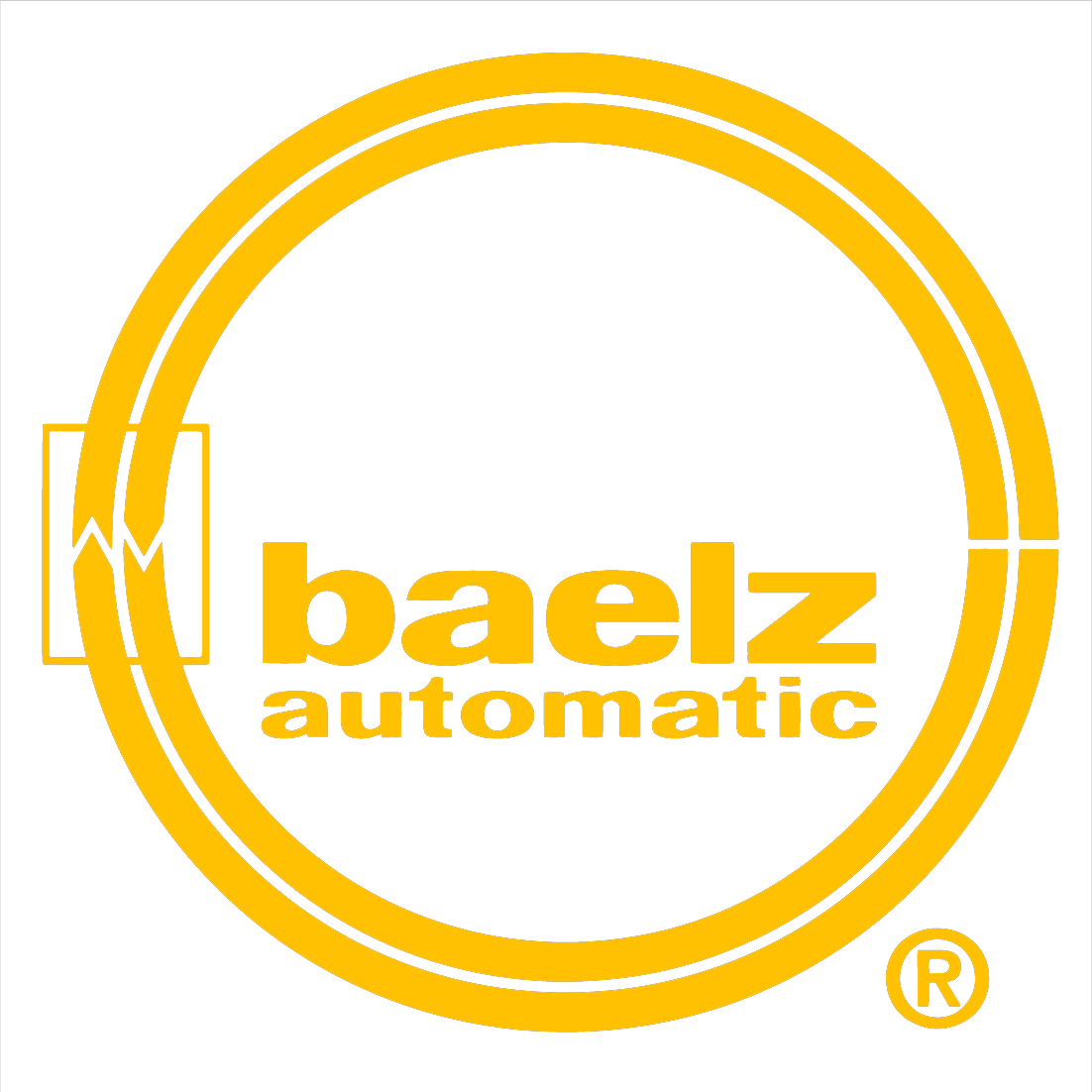
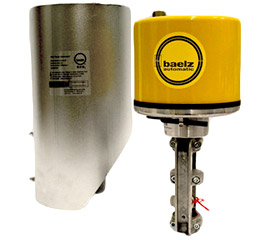
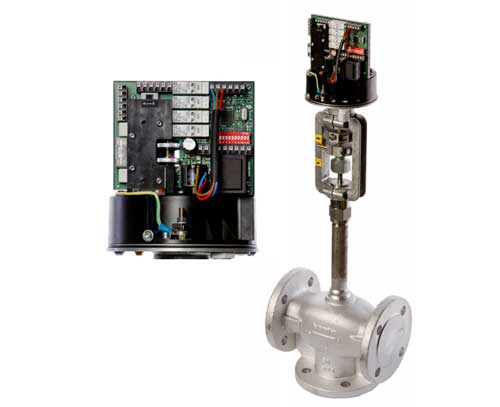
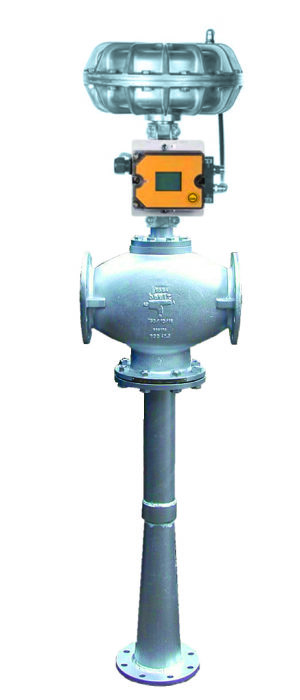

.jpeg)
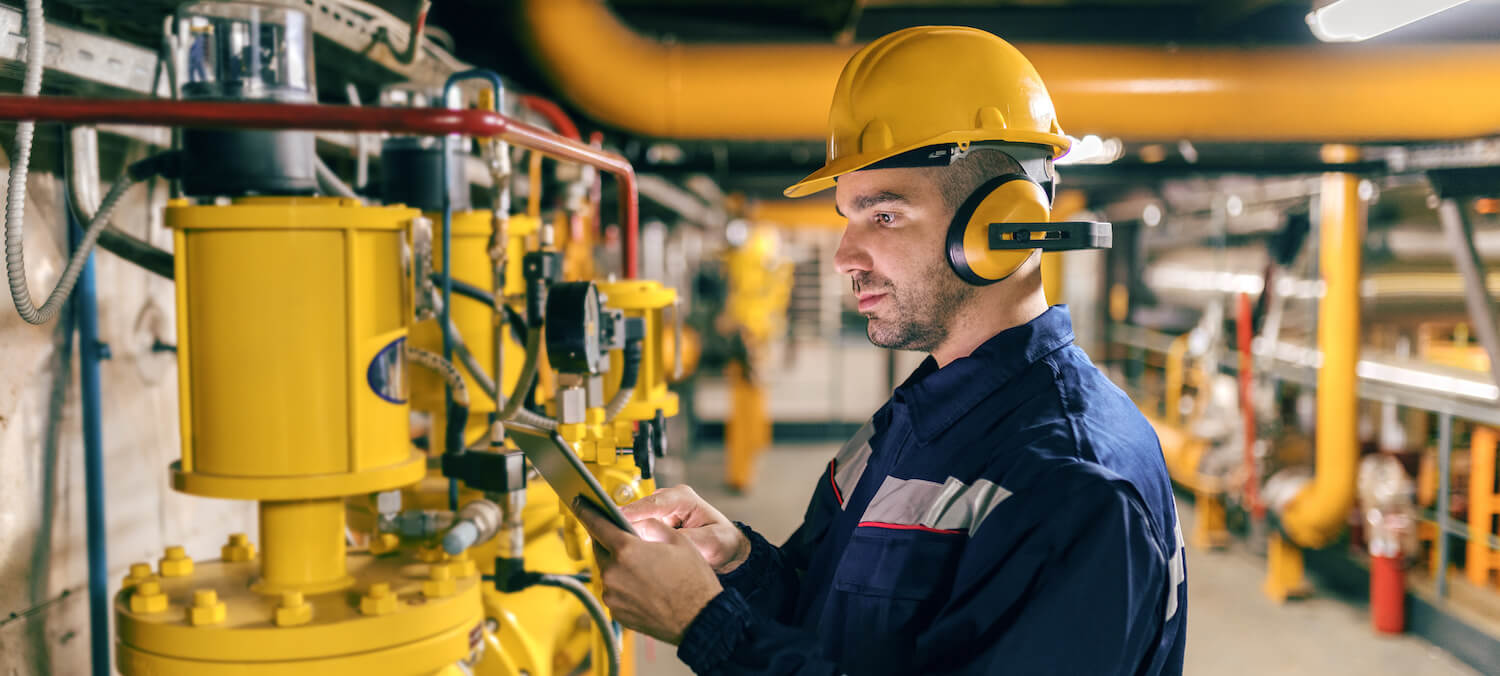
.png)
